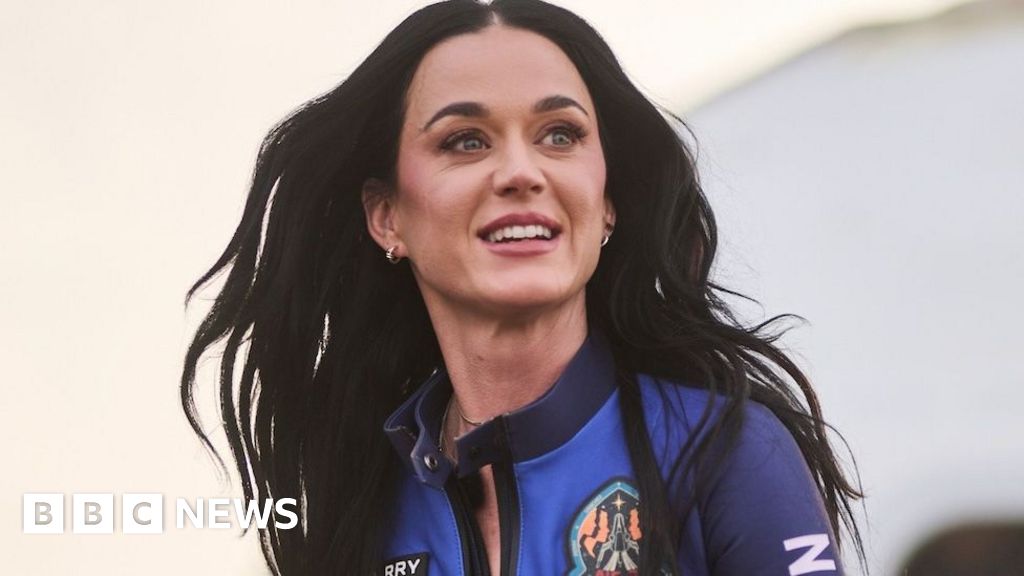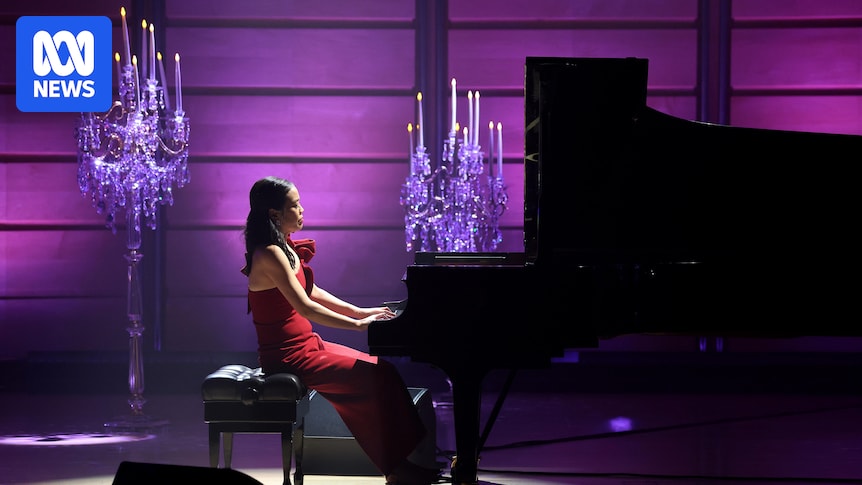Photo: 123RF
Looking for something a bit different to watch this summer break? RNZ has you covered.
There are more than 100 series and films available to watch in our video section, from current affairs and documentaries to kids’…

Photo: 123RF
Looking for something a bit different to watch this summer break? RNZ has you covered.
There are more than 100 series and films available to watch in our video section, from current affairs and documentaries to kids’…

Makati’s glass skyscrapers dazzle from a distance, but the real story lies in what’s happening on the ground.
During weekdays, commuters rush in from…

Seyfried’s character Nina grapples with complex mental health issues throughout the film, which at times make it a difficult watch.
“You have to play it as realistic as possible because it needs to reflect real life,” she says.
The Housemaid has…

Annabel RackhamCulture reporter
 Lionsgate
LionsgateSydney Sweeney wants to make films that will “impact and hopefully save people’s lives”, she has told the BBC.
The 28-year-old US actor has this…

As spring turned to summer, Mark Carney led Canada’s Liberal Party to an unlikely victory, Prince Harry told the BBC he wanted to reconcile with the Royal Family, and David Beckham got a knighthood.
But how much attention did you pay to what else…

Season’s greetings, hoofing fans. Michael here – I hope you’re all enjoying some comfort, joy and purple ones from the Quality Street. You might just be weeping into the tin soon, because the Strictly Come Dancing Christmas Special promises…

Listen to this article
Estimated 3 minutes
The audio version of this article is generated by AI-based technology. Mispronunciations can occur. We are working with our partners to continually review and improve the results.
When Aiyanna Brown was in…

On Wild Card, well-known guests answer the kinds of questions we often think about but don’t talk about. “Grey’s Anatomy” creator Shonda Rhimes talks about why she doesn’t care about validation.
…

Other highlights over the years included a proposal (the couple are still together, adds Aarti proudly) and a night when a group of sailors walked in, and ended up partying away with some emo-loving regulars.
There was also the odd disagreement…

It’s been another great year of music in Australia, but it was the humble piano that captured the imaginations of so many music lovers.
We celebrated the beloved instrument in the Classic 100: Piano, as well as a brand new ABC TV series, The…